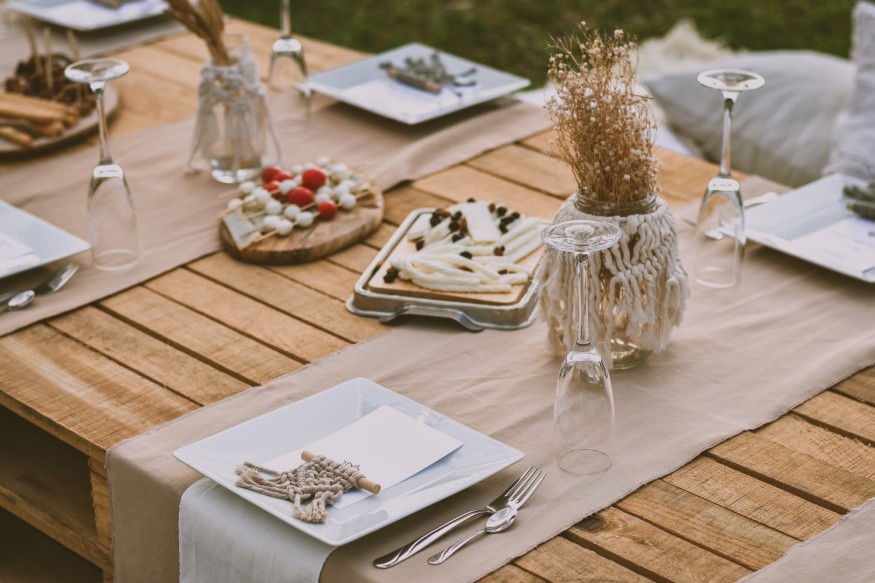The Essential Event Checklist: From A to Z

Planning an event, whether it's a wedding, corporate conference, or a simple birthday party, can be a daunting task. There are countless details to consider, decisions to make, and logistics to manage. To help ensure your event goes off without a hitch, a comprehensive event checklist is your best friend.
So, let's dive into the elements that make up a comprehensive event checklist. Feel free to adapt this checklist to your specific event and needs:
1. Event Concept and Theme
- Define the event's purpose and theme.
- Create a vision board or mood board for inspiration.
- Decide on the event's style and atmosphere.
2. Budget Planning
- Determine your overall budget.
- Break down expenses into categories (venue, catering, entertainment, decor, etc.).
- Allocate funds to each category.
3. Guest List and Invitations
- Create a guest list.
- Choose the method of invitation (digital, printed, etc.).
- Send out invitations well in advance.
4. Venue Selection and Logistics
- Book the venue.
- Consider the layout and seating arrangement.
- Confirm the availability of necessary facilities (audiovisual equipment, parking, etc.).
5. Catering and Menu
- Hire a catering service or plan the menu.
- Consider dietary restrictions and preferences.
- Arrange for tastings and finalize the menu.
6. Entertainment and Activities
- Hire entertainment (live band, DJ, magician, etc.).
- Plan any activities or games for guests.
- Ensure you have the necessary equipment or props.
7. Decor and Ambiance
- Choose the color scheme and decor style.
- Rent or purchase decorations (flowers, centerpieces, lighting, etc.).
- Arrange for setup and teardown.
8. Table Covers and Linens
- Table covers are an often-overlooked yet crucial element of event decor.
- Stretch-fit graphic table covers, in particular, offer a sleek and professional appearance.
- With a variety of sizes and customization options available, you can find the perfect table covers to complement your event's theme and style.
9. Rentals and Equipment
- Identify any equipment or furniture rentals needed (chairs, tables, tents, etc.).
- Reserve and confirm rental orders.
- Ensure setup and teardown services are included.
10. Timeline and Schedule
- Create a detailed timeline for the event day.
- Assign specific tasks and responsibilities to your team or vendors.
- Establish arrival and departure times for all involved parties.
11. Safety and Contingency Plans
- Develop a safety plan (fire exits, first aid stations, etc.).
- Have a backup plan for outdoor events in case of bad weather.
- Communicate emergency procedures to your team.
12. RSVP Tracking
- Keep track of guest RSVPs.
- Follow up with guests who haven't responded.
- Adjust catering and seating arrangements accordingly.
13. Final Details
- Confirm all vendor bookings.
- Prepare event signage and directions.
- Create a checklist for the day-of essentials (event program, guest favors, name tags, etc.).
14. Event Day
- Arrive early to oversee setup.
- Coordinate with vendors and team members.
- Enjoy the event and troubleshoot any issues as they arise.
15. Post-Event
- Send thank-you notes to guests and vendors.
- Review the event's success and areas for improvement.
- Settle outstanding invoices and finalize budget records.
In summary, a well-organized event checklist is your key to a successful and stress-free event planning process. From conceptualizing the event to managing the budget, coordinating with vendors, and focusing on the finer details like table covers, every aspect plays a vital role in creating a memorable experience for your guests.
Subscribe to Latin Post!
Sign up for our free newsletter for the Latest coverage!

















